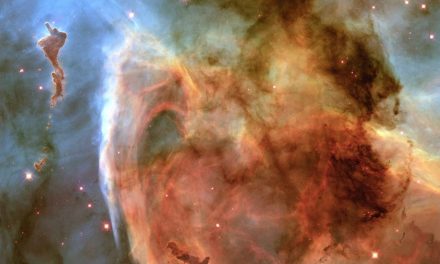Ecclesiastes 9:1–18: Wisdom is Better
Introduction
Since the structure of Ecclesiastes is not as intuitively obvious as other books of the Bible, it is worth reminding ourselves as we open our study of each now chapter about where precisely we are. Again, the first half of Ecclesiastes (chs. 1–6) deconstructed all the false hopes of salvation in this world under the sun, while the second half of Ecclesiastes (chs. 7–12) are constructing a vision of how to live in this fallen, broken world anyway. In chapter seven, the Preacher noted the importance of wisdom, and in chapter eight, the Preacher began to describe the nature of wisdom. Now, in chapter nine, the Preacher deals with the limitations and shortcomings of wisdom in this world, and yet nevertheless will conclude that wisdom is “better” (v. 18) than to live without it. Here, the Preacher explains that wisdom relinquishes control and readies for eternity.
Discussion Questions
1) If we live according to God’s righteousness and wisdom, and if we worship God rightly, what can we expect in return from God in this world (v. 1)? Why do the same kinds of events happen to the righteous and the wicked, the good and the evil, the clean and the unclean, and those who worship as well as those who do not (v. 2)? How do we account for the seemingly random results that people who live very different lives receive? Is there any justice in this world or not?
2) What is the value of life over death (v. 4–5)? What can the living do that the dead cannot (v. 6)? If this is true, why does the Preacher encourage us to eat and drink and be merry (v. 7)? In what sense has God “already approved what you do” (v. 7)? How can we enjoy white garments, oil-refreshed heads, and companionship in marriages if we are ultimately going to die (v. 9–10)? Why does the Preacher see these ideas as consistent, and not as contradictory?
3) Why is it that life so often does not work out how we would expect it to (v. 11)? Why are people not rewarded precisely in line with their skills, efforts, and knowledge? What role does time and chance play in the course of human history and in our own personal lives? In all this, what benefit is wisdom (v. 13–15)? Why does the Preacher insist that wisdom is “better” than so many things, when wisdom is quickly forgotten in this world (v. 16–18)?
4) What is most difficult for you to make sense of in the wider world, or in your own life? What do you think the Preacher’s message is? In what ways have you been encouraged or discouraged by the Preacher’s insistence that you do not have control, but that everything is in the hand of God (v. 1)? How does this change your perception of your experiences? How does this lead you to trust in the Lord with all your heart, and lean not on your own understanding (Prov. 3:5)?




